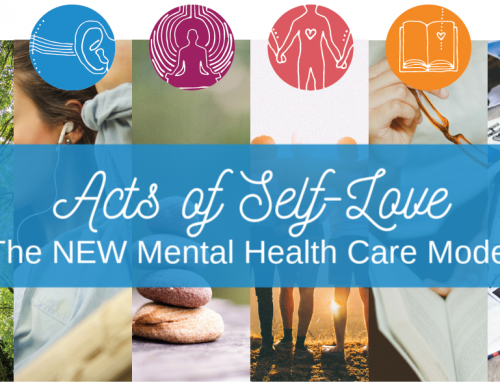Anyone who’s ever said that optimism is simply a state of mind probably never tried to be truly optimistic. The truth is, it’s not easy, especially if you’re going through a difficult time in your life or dealing with other troubles. Optimism is something you have to work for and work at, but in the end it can be very rewarding. Here are a few suggestions for how to find your inner optimism this spring.
Optimism Is Not About Denial
There’s a big difference between blind optimism, which amounts to denial, versus reconfiguring your perspective. NBC discusses that the brand of optimism that can positively impact your brain and increase life span is all about acknowledging stressors and dealing with them productively. Being in denial about stress won’t help anyone, but learning to approach hardship in a healthy, non-defeatist way will.
A counselor can help you to develop this style of coping in guided therapy sessions, but you need to be committed to progress. A big part of therapy is also being open and willing to let yourself be vulnerable. This is difficult and can be painful, but that’s what it takes to revise your worldview and make it more productive.
Optimism comes at the price of vulnerability, but the rewards are incalculable.
Build an Optimistic Worldview on What’s Already There
In order to hone your inner optimist, follow mindbodygreen’s advice and remind yourself about at least one thing every day for which you’re grateful. It could be your family, your job or being in good health. If you can express that feeling actively, that’s another good step to take. This might include texting a loved one or arriving early at your job to tackle a particularly hard project. Honing optimism by building on the things that are already good in your life is an excellent way to reinforce the thought process of how to think positively.
Take Other Factors Into Account
If you find being optimistic to be particularly challenging despite no major life crises happening, then you might be affected by other forces. For example, you could be suffering from clinical depression or Seasonal Affective Disorder (SAD). SAD can definitely impact people around March before the days start getting longer again. Consulting an Allen family counselor to discuss your current mental health is a step in the right direction if you’re grappling with feeling any optimism at all. Whether it’s undiagnosed mental illness dragging you down or you’re simply not coping well with current stress in the world, therapy can help. In fact, it can even create optimism since it’s all about learning to navigate your emotions and thought processes in a constructive way. Apart from diagnosis of a mental illness, a little perspective and behavioral alteration can go a long way. Optimism can be achieved only through a functional view of the world that allows for flexibility. Blind so-called positivity can’t replace self-awareness and meaningful interactions with the concept of optimism.
Working Optimism Into Your Life and Its Impact
Optimism can improve your physical health, lengthen your lifespan and generally improve your quality of life. It’s a mental state that sets you up to better cope with troubles and downturns, since being realistically optimistic is all about using positive thinking to function better. Optimism will not magically eliminate problems you might feel or experience.
A parallel is an activity like yoga which aims to improve physical well-being and mental state, but still takes hard work and long-term dedication. Just because you go to a yoga class or two doesn’t mean that suddenly your body and mind will be transformed. You need to apply your own determination and desire to improve your quality of life in order for yoga to have a beneficial effect. The same can be said of optimism, especially since it’s a mental exercise. Expecting the worst and hoping for the best is definitely one of the hardest things for the human mind to do, but it’s worth it.
Spring is a time of renewal, and there’s no better opportunity than now to jump into the world of optimism. Being willing to open up to the process requires effort, commitment and a willingness to be open-minded. This is especially true if you feel like you’re fighting a pessimistic nature which causes you to immediately be down on the idea of optimism or even to actively reject it. Optimism can have many real world benefits, but you need to buy into it before you can reap its benefits. Optimism is ultimately a state of mind, but it takes some work to get there.





